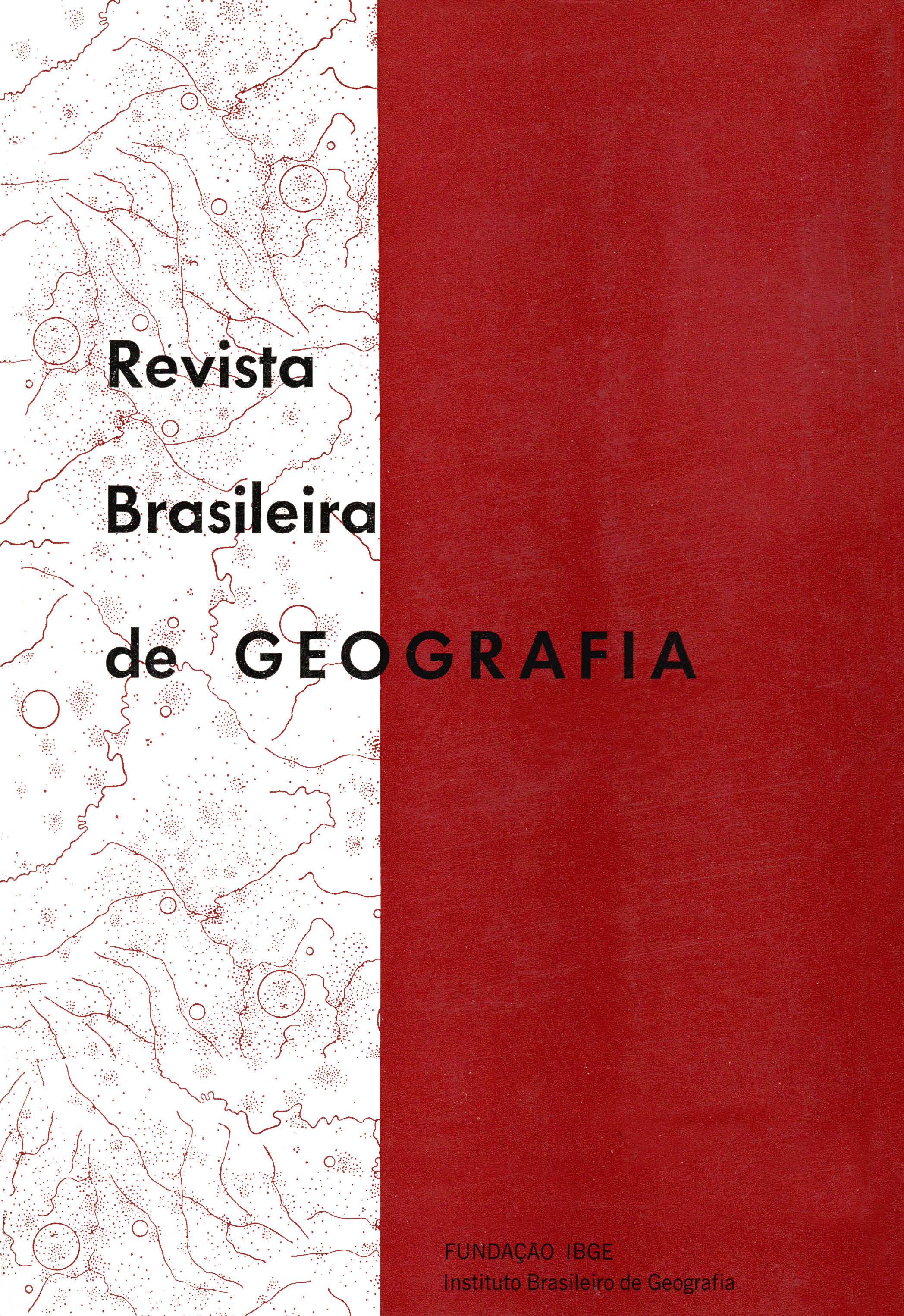Avaliação da metodologia proposta para a revisão da divisão do Brasil em regiões funcionais urbanas
Keywords:
Geografia regional, Divisões territoriais e administrativas, Geografia urbanaAbstract
The purpose of this paper is to present an evaluation of the methodology proposed in a previous paper on the regionalization of Brazil in urban functional regions (Proposições Metodológicas para a Revisão da Divisão do Brasil em Regiões Funcionais Urbanas, Revista Brasileira de Geografia 38(2) 1976).
Regionalization was considered as a classification case and, according to the purposes ot the project, it was considered three theoretical aspects: urban centers as central places, urban centers as connector and redistributors of rural products, and urban centers as focus of diffusion of innovations. There theoretical considerations served as guidelines for the operational development of the project. Direct research was the method chosen through questionnaires applied in four urban functional regions, in the Northeast (Juazeiro-Petrolina and Sobral), in the Southeast (Bauru) and in the South (Ponta Grossa).
Three partial analyses were done, each one identifying the hierarchy of urban centers as well as their influence area. The next problem was to integrate the partial results in a single one. The solution was operational, with loss of information and simplification. Table 6 and Map 13 describe a hypothetical case in which the integration of results was done. In this solution the influence area of a given center was subdivided in intensive influence area and extensive influence areas.
The final results present a hierarchical model of urban functional regions, and it was considered satisfactory according to the purpose of the project.






